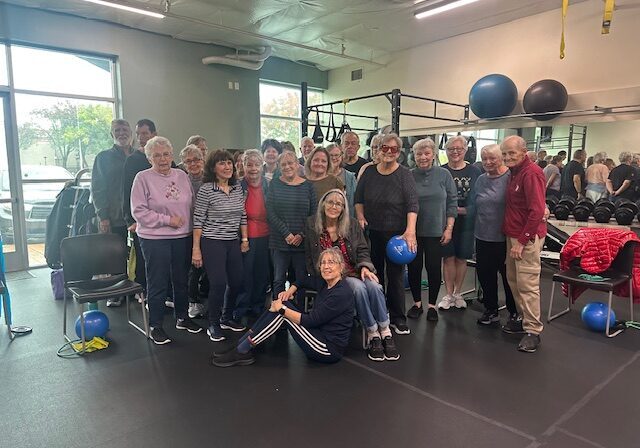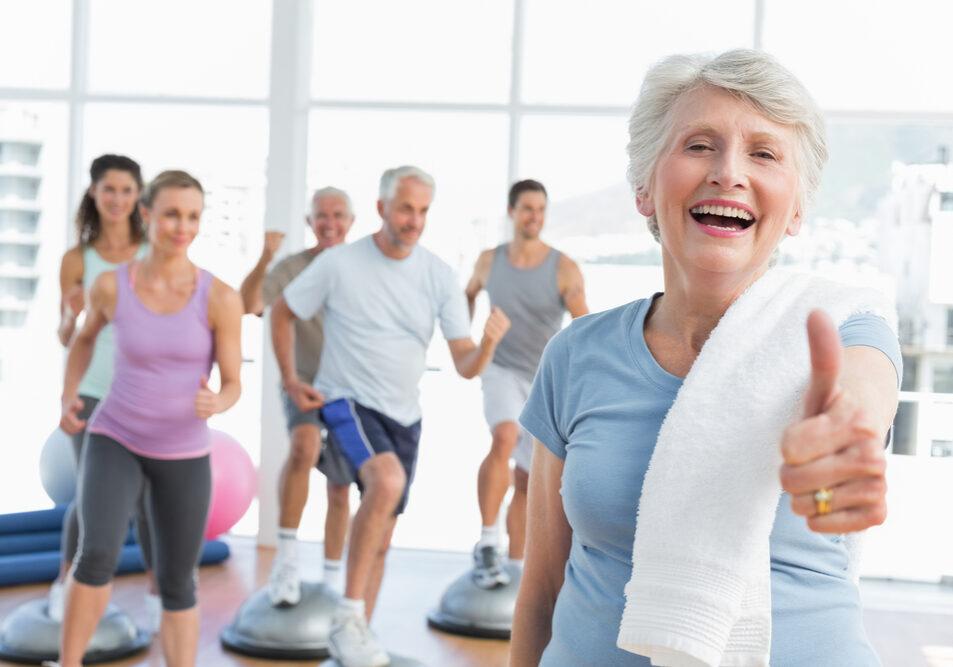Fall Prevention
Two of the major problems we all experience as we age are a loss of depth perception (The ability to perceive the distance of objects) and contrast sensitivity (The ability to distinguish between objects and background behind it).
Our balance and fall prevention program is designed to address these issues by targeting risk factors for falls and incorporating an exercise program that will prepare the body and mind for quicker decisions in difficult situations that lead to loss of balance and falling.


Fall prevention holds immense importance in safeguarding the health and well-being of seniors.
In fact, Seniors are at a higher risk of falls due to factors like muscle weakness, impaired balance, chronic conditions, medication side effects, and environmental hazards. Approximately one in three adults aged 65 and older experience falls each year, necessitating proactive fall prevention strategies.
In addition, exercise plays a pivotal role in fall prevention. Regular physical activity, including strength and balance training, enhances muscle strength, flexibility, and coordination. Engaging in activities like walking, tai chi, and yoga improves balance and reduces fall risk. Leg-strengthening exercises such as squats and lunges enhance stability.
Environmental modifications are crucial in mitigating fall risk.
Removing tripping hazards, ensuring proper lighting, and installing grab bars and non-slip mats in bathrooms decrease the likelihood of falls. Maintaining well-lit pathways, handrails on staircases, and a safe home environment are essential for preventing falls.
Regular vision and medication reviews are vital.
Addressing vision problems and wearing appropriate eyewear is important for maintaining balance and depth perception. Medication reviews with healthcare professionals identify and manage medications that may cause dizziness or drowsiness, reducing fall risk.
Staying informed and educated is key. Seniors should be aware of their individual fall risk factors and take necessary precautions. Falls prevention programs and workshops provide valuable information and resources.
In conclusion, fall prevention is paramount for senior well-being. Incorporating exercise, making environmental modifications, undergoing vision and medication reviews, and staying informed are effective strategies to prevent falls. By investing in fall prevention measures, seniors can lead healthier, more confident lives.
| Day | Time |
|---|---|
| Monday's | 10:30am - 11:15am |
| Tuesday's | 10:30am - 11:15am |
| Thursday's | 10:30am - 11:15am |
